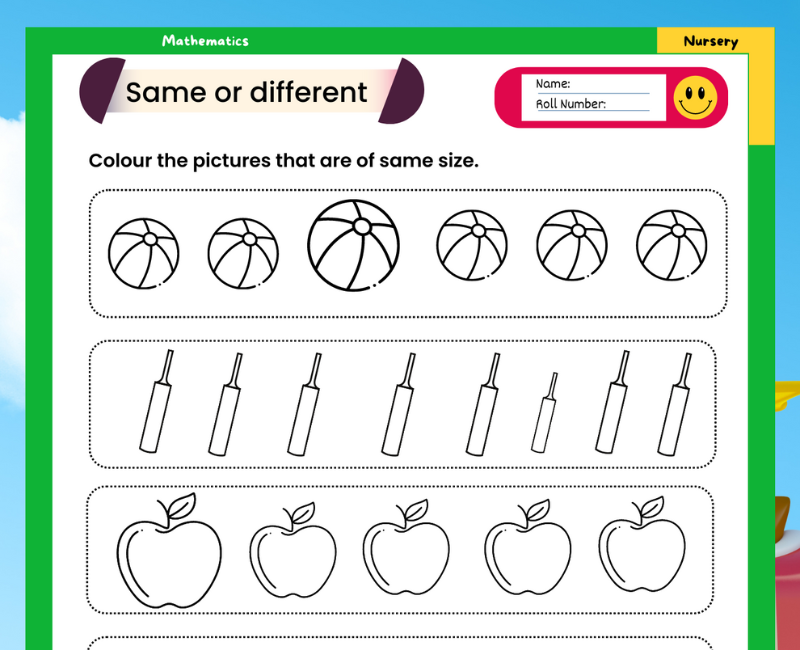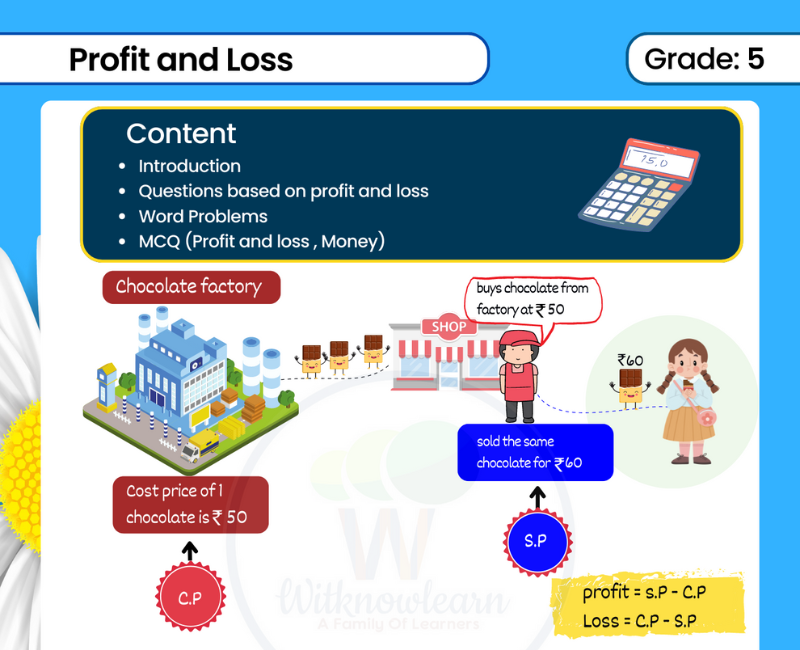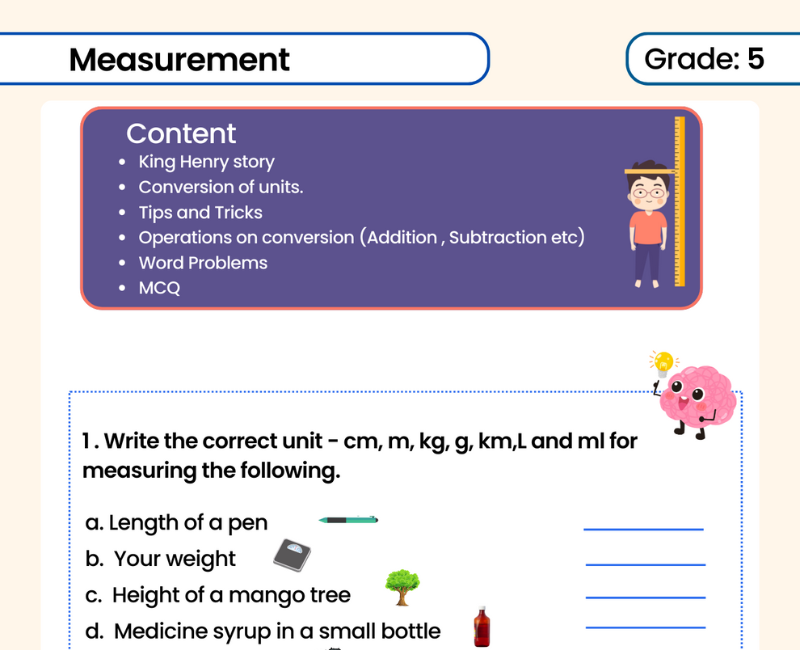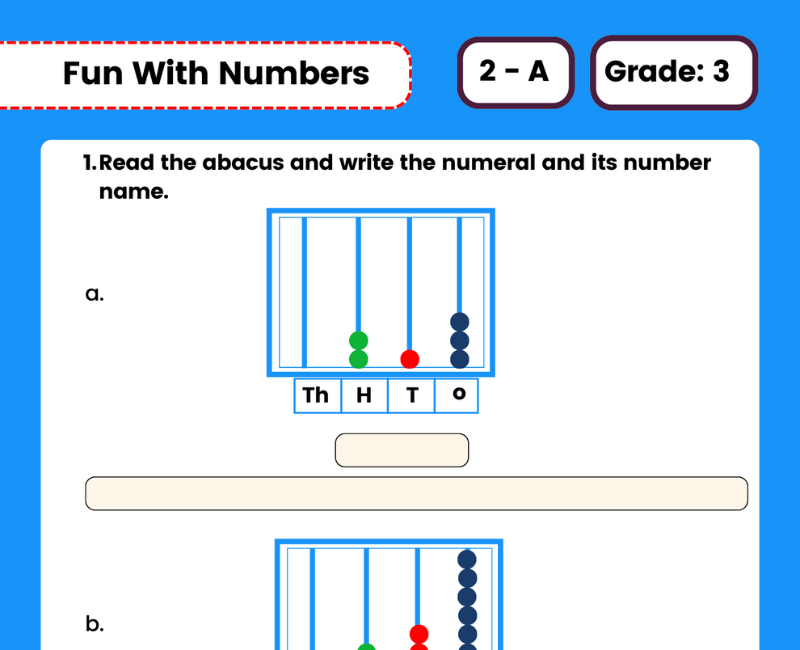The Theory of the Firm under Perfect Competition Class 11 Economics
In the world of economics, understanding the theory of the firm under perfect competition is essential. Whether you're a student studying economics or a business professional looking to expand your knowledge, this ultimate guide is here to help you master the subject. In this comprehensive article, we will explore the theory of the firm under perfect competition and provide answers to 100 common questions. From the basics of perfect competition to the intricacies of profit maximization, cost curves, and market equilibrium, we leave no stone unturned. With a focus on clarity and simplicity, we break down complex concepts into easily digestible explanations and examples. Our goal is to make this often challenging topic accessible to all learners, regardless of their prior knowledge or experience in economics. Whether you're looking to ace an upcoming exam or gain a deeper understanding of how firms operate in perfect competition, this guide offers the resources you need. Get ready to delve into the theory of the firm under perfect competition and become a master of this fundamental economic theory.
The Theory of the Firm Under Perfect Competition is an essential concept covered in economics courses, specifically in Class 11 Chapter 4 Economics. This theory provides a foundational framework for understanding how firms operate in a perfectly competitive market. When studying Chapter 4 Class 11 Economics or Class 11 Ch 4 Economics, students will come across crucial elements that define perfect competition, such as a large number of buyers and sellers, identical products, and free entry and exit from the market. These elements are critical for anyone aiming to grasp the core principles of economics as they relate to firm behavior in competitive settings.
This concept is so vital that specialized study materials like The Theory of the Firm Under Perfect Competition Notes PDF and Theory of Firm Under Perfect Competition Notes are commonly available. These notes offer students detailed explanations, examples, and even answers to questions they might have about the topic. These resources are incredibly helpful for understanding the nuances and implications of operating under perfect competition. Additionally, these notes can serve as excellent revision material before exams or quizzes.
For those looking to test their understanding further, The Theory of the Firm Under Perfect Competition MCQ and The Theory of the Firm Under Perfect Competition Question Answer sections are an invaluable resource. These multiple-choice questions and answers provide a quick yet thorough review of the topic, allowing students to identify areas where they might need further study or clarification. The MCQs are especially useful for exam preparation, where time is of the essence, and quick recall of concepts is essential.
The importance of understanding the theory of the firm under perfect competition extends beyond the classroom. It serves as a foundational basis for more advanced economic theories and has significant implications in the real world. For instance, policymakers often refer to the principles of perfect competition when designing regulations or considering antitrust laws. Businesses, too, take note of these principles when strategizing their market entry or exit, pricing policies, and other operational aspects.
In summary, the Theory of the Firm Under Perfect Competition is an indispensable topic for students studying Class 11 Chapter 4 Economics. Whether you're reading Theory of Firm Under Perfect Competition Notes or practicing with The Theory of the Firm Under Perfect Competition MCQ, understanding this concept is critical for both academic success and real-world applications. With the plethora of resources available, including notes, MCQs, and detailed question answers, mastering this topic is well within reach for any dedicated student.
Understanding Perfect Competition and its Characteristics
Perfect competition is a market structure covered in Class 11 Chapter 4 Economics, and it has certain defining characteristics. These include a large number of buyers and sellers, identical products, and freedom for firms to enter or exit the market. In a perfectly competitive market, no single buyer or seller has the power to influence the price. These essential features can be found in Theory of Firm Under Perfect Competition Notes and are crucial for understanding the framework of this market type.
The Profit-Maximizing Behavior of Firms in a Perfectly Competitive Market
In a perfectly competitive market, firms aim to maximize profits. This behavior is often discussed in The Theory of the Firm Under Perfect Competition Question Answer sections. The firms will produce at a level where marginal cost equals marginal revenue. Since firms are price takers in this market, they adjust their output levels to maximize profitability.
The Concept of Marginal Cost and Marginal Revenue in Perfect Competition
Understanding marginal cost and marginal revenue is central to the Theory of the Firm Under Perfect Competition. Marginal cost refers to the cost of producing an additional unit of output, while marginal revenue is the additional revenue from selling one more unit. In a perfectly competitive market, profit maximization occurs when marginal cost equals marginal revenue, a concept explored in Chapter 4 Class 11 Economics.
Short-run and Long-run Equilibrium in a Perfectly Competitive Market
Short-run equilibrium occurs when a firm's marginal cost equals its marginal revenue, resulting in maximum profits or minimized losses. In the long-run, new firms may enter, causing market supply to shift and leading to a new equilibrium. These aspects are essential in Theory of Firm Under Perfect Competition Notes.
The Role of Price Determination in Perfect Competition
Price in a perfectly competitive market is determined by the forces of demand and supply. Since firms are price takers, they have no control over the price. Price determination is a fundamental topic covered in Class 11 Ch 4 Economics.
The Impact of Changes in Demand and Supply on the Firm's Output and Price in Perfect Competition
Any change in demand or supply will affect the equilibrium price and quantity. Firms will adjust their output in response to these changes, as noted in The Theory of the Firm Under Perfect Competition MCQ.
Analyzing the Efficiency of Firms in Perfect Competition
Firms in perfect competition are considered to be efficient as they produce at the lowest possible cost and allocate resources optimally. This efficiency is often a focus in Theory of Firm Under Perfect Competition Notes PDF.
Critiques and Limitations of the Theory of the Firm Under Perfect Competition
While the model offers valuable insights, it has its critiques and limitations. Real-world markets rarely meet all the conditions of perfect competition, and the model often assumes factors that may not be practically applicable.
Conclusion: Applying the Theory of the Firm Under Perfect Competition to Real-world Scenarios
Although perfect competition is more of a theoretical concept, its principles are often applied in real-world economic analysis and policy decisions. Understanding this theory is beneficial for grasping more complex market structures and economic phenomena.





